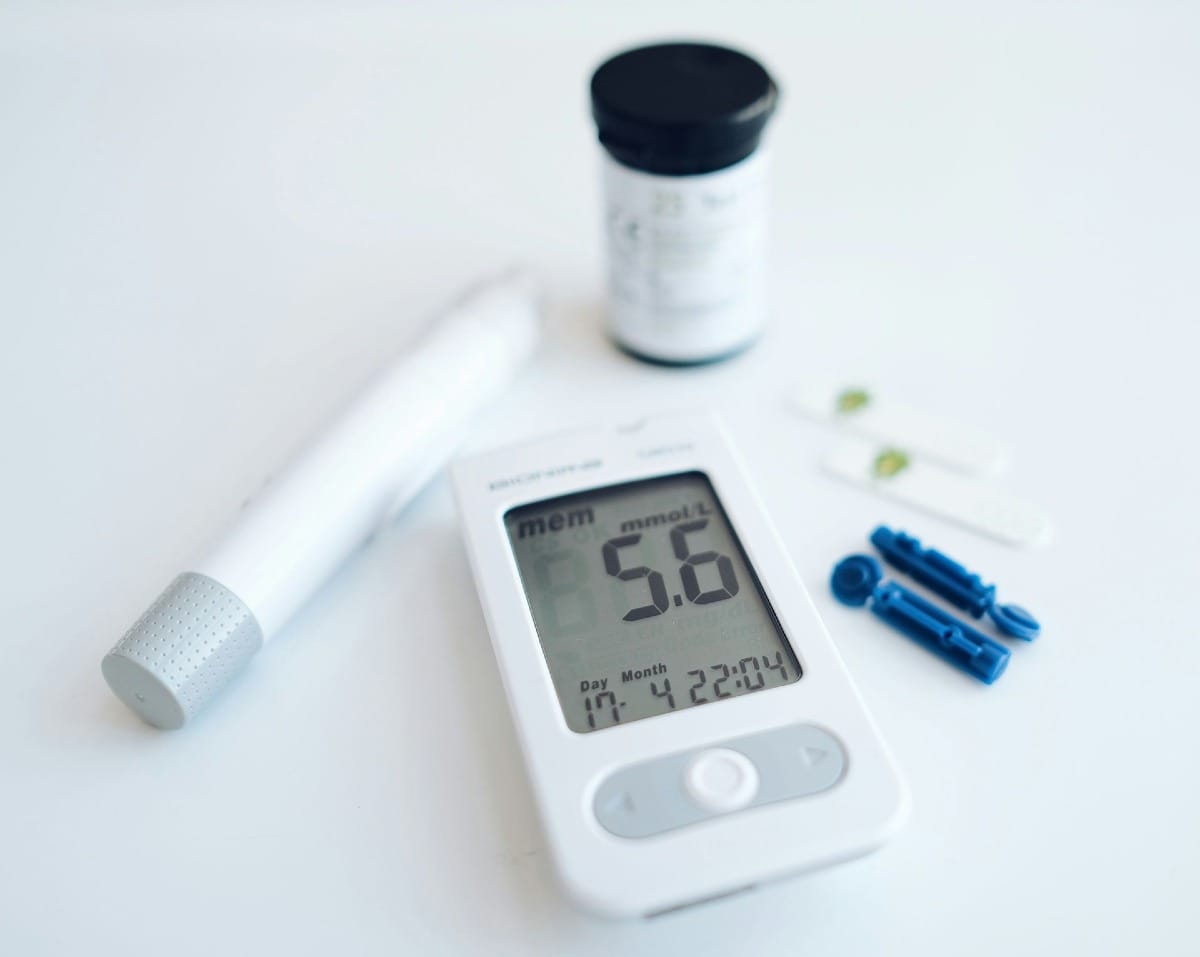Scientists have uncovered a fascinating connection between a specific gut bacterium and blood sugar levels in older adults. This discovery could potentially reshape our understanding of diabetes management and prevention, especially for the elderly population.
Key Takeaways:
- Bifidobacterium adolescentis, a gut bacterium, is positively linked with fasting blood glucose levels in elderly Singaporeans.
- Higher levels of B. adolescentis were associated with increased blood sugar levels.
- This finding challenges previous beliefs about the beneficial effects of B. adolescentis on diabetes.
- The study highlights the complex relationship between gut bacteria and metabolic health.
- Further research is needed to fully understand the implications for diabetes management and prevention.
The Surprising Discovery
Scientists in Singapore have made a startling discovery that's turning heads in the world of gut health and diabetes research. They've found that a type of bacteria living in our gut, called Bifidobacterium adolescentis (B. adolescentis for short), might be linked to higher blood sugar levels in older adults[3]. This finding is particularly intriguing because it goes against what many researchers previously thought about this bacteria.
What is B. adolescentis?
Before we dive deeper, let's break down what B. adolescentis is. It's a type of bacteria that lives in our intestines, part of the vast community of microorganisms that make up our gut microbiome. These tiny inhabitants play a big role in our overall health, influencing everything from our digestion to our immune system[7].
The Study: What Did the Scientists Do?
Researchers from the National University of Singapore conducted a study involving 537 elderly Singaporeans, aged 63 to 76 years old[3]. They collected stool samples from these participants and analyzed them to see what kinds of bacteria were present in their guts. They also measured the participants' fasting blood glucose levels, which is a common way to check for diabetes risk.
The Surprising Results
Here's where things get interesting. The scientists found that people who had more B. adolescentis in their gut also tended to have higher fasting blood glucose levels[3]. This was unexpected because previous studies had suggested that B. adolescentis might actually help prevent diabetes[5].
Why is This Important?
This discovery is significant for several reasons:
- It challenges our understanding: Up until now, many scientists believed that B. adolescentis was generally beneficial for metabolic health. This study suggests that the relationship might be more complicated than we thought[4].
- It could affect diabetes management: If confirmed by further research, this finding could influence how we approach diabetes prevention and treatment, especially in older adults.
- It highlights the complexity of gut health: This study reminds us that the relationship between gut bacteria and our health is intricate and not always straightforward[7].
What Does This Mean for You?
Now, you might be wondering, "Should I be worried about the bacteria in my gut?" The short answer is: not yet. Here's why:
- More research is needed: This is just one study, and scientists will need to do more research to confirm these findings and understand what they mean.
- Everyone is different: The study was done on elderly Singaporeans, so we don't know if the same relationship exists in other age groups or populations[3].
- Don't make drastic changes: It's important not to jump to conclusions or make major changes to your diet based on this single study.
The Bigger Picture: Gut Health and Diabetes
This study is part of a larger body of research looking at how our gut bacteria affect our health, especially when it comes to diseases like diabetes. Here are some key points to keep in mind:
- Gut bacteria play a role: Scientists have known for a while that the bacteria in our gut can influence our risk of developing diabetes[2].
- It's complicated: Different types of bacteria can have different effects, and these effects can vary from person to person[4].
- Diet matters: What we eat can change the types and amounts of bacteria in our gut, which in turn can affect our health[7].
- Probiotics aren't a magic bullet: While some studies have shown benefits from probiotic supplements (which contain beneficial bacteria), others have found no effect[8].
Looking to the Future
So, what's next? This study opens up several exciting avenues for future research:
- Confirming the findings: Other scientists will likely try to replicate these results in different populations to see if the same relationship holds true.
- Understanding the mechanism: Researchers will want to figure out exactly how B. adolescentis might be influencing blood sugar levels.
- Exploring potential treatments: If this link is confirmed, it could lead to new approaches for managing diabetes, possibly involving ways to modify gut bacteria.
- Personalized medicine: In the future, doctors might be able to analyze a person's gut bacteria to predict their diabetes risk or tailor treatments.
What Can You Do?
While we wait for more research, there are still plenty of things you can do to support your gut health and manage your diabetes risk:
- Eat a balanced diet: Focus on whole foods, including plenty of fruits, vegetables, and fiber.
- Stay active: Regular exercise is good for both your gut health and your blood sugar levels.
- Get enough sleep: Good sleep habits can help maintain a healthy gut and reduce diabetes risk.
- Manage stress: Chronic stress can negatively impact your gut bacteria.
- Talk to your doctor: If you're concerned about your diabetes risk, discuss it with your healthcare provider.
Conclusion
The discovery of a potential link between B. adolescentis and blood sugar levels is an exciting development in the world of gut health and diabetes research. While it challenges some of our previous assumptions, it also opens up new possibilities for understanding and managing diabetes. As always in science, this study raises as many questions as it answers, paving the way for further research and potentially new approaches to health and wellness.
Remember, our understanding of gut health is constantly evolving. What's most important is to focus on overall healthy habits and to stay informed about new developments in health research. Who knows? The next big breakthrough in diabetes management might just come from the tiny inhabitants of our gut.
Citations:
[1] https://www.ncbi.nlm.nih.gov/pmc/articles/PMC9227778/
[3] https://encyclopedia.pub/entry/44193
[4] https://pubmed.ncbi.nlm.nih.gov/35745208/
[6] https://www.mdpi.com/2072-6643/13/3/1017
[7] https://www.sciencedirect.com/science/article/pii/S2161831323013984














Member discussion